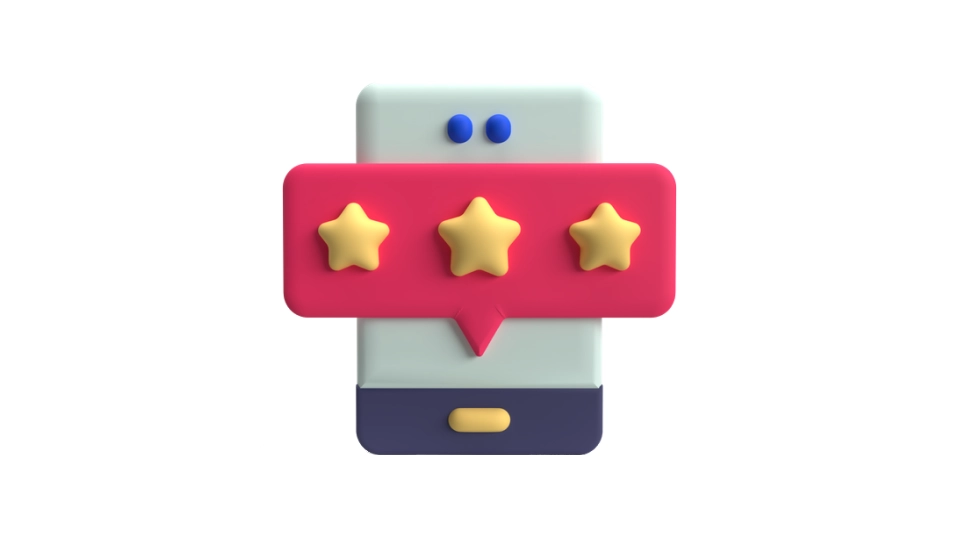You download a free app thinking “Sweet, this looks useful.” Five minutes later, you’re swatting away pop-ups like mosquitoes in the jungle. “Rate us!” “Enjoying the app?” “Watch this 30-second ad to save your project!” And suddenly, that free app starts feeling very, very expensive—in terms of your time, focus, and sanity.

The Attention Economy Is Hungry, and You’re the Buffet
Let’s break it down: most “free” apps run on ads, user data, and a sprinkle of emotional manipulation. They don’t want your money—yet—but they want your eyeballs, your engagement, your praise in the app store, and ideally, all three right now.
- Language apps like Duolingo: The owl wants your review. And your soul.
- Video editing apps like CapCut or InShot: Want to export your video? Enjoy this ad for a shady mobile game first.
- Casual games: Play 10 seconds, watch 40 seconds of ads, repeat until you forget why you opened the app in the first place.

And it’s not just games or editing tools. Even the apps we rely on daily are playing the same pushy game. WhatsApp, for example, has started gently nagging users to back up chats or link accounts—nothing urgent, just constant nudges that quietly clutter your mental space. It’s like your mom reminding you to bring a jacket… every five minutes.
Uber is another master of the gentle-but-persistent push. You just got out of the car and boom—rate the driver, tip them, rate again if you didn’t the first time, now rate the app. It’s feedback culture on steroids. Sure, it helps improve the service, but when the same screen pops up three times in a row, it stops feeling like feedback and starts feeling like surveillance.
Why Does It Feel So Exhausting?
Because these interruptions are designed to be just annoying enough to wear you down. The “Rate Us!” popup doesn’t just want feedback — it’s a psychological nudge. The ads aren’t just passive income — they’re hijacking your attention. And the worst part? They come at the worst possible time. Right before you save. Mid-edit. After a victory. When your guard is down.

And just in case you’re wondering why all of this feels extra overwhelming—there’s science to back it up. The average human attention span is now clocking in at a sad little 8.25 seconds. That’s shorter than a goldfish’s (yes, really—those googly-eyed swimmers beat us by a full second). Between 2000 and 2015, our focus dropped nearly 25%, and things haven’t exactly bounced back. We’re distracted, overloaded, and apparently 39% of us can’t even keep track of daily stuff like keys or where we put the charger… again. No wonder even a single popup can feel like a full-blown assault on our brain cells.
Okay, But Can We Fix This?
Yes, we can. But it requires developers to be cooler about it. Like:
- Ask for ratings after a meaningful moment, not 30 seconds in.
- Offer ads in exchange for real value, not basic functionality.
- Respect the user’s flow. Interrupting someone mid-task is the digital equivalent of yelling during a yoga class.
Better yet? Give users control:
- Let them turn off review requests.
- Offer a one-time ad-free upgrade that’s not buried in five menus.
- Use smart design to blend monetization with user experience—not wage war against it.
Conclusion: Don’t Torture the People You Want Support From
You need users to survive. You want them to rate, share, subscribe. Fair enough. But if using your app feels like surviving a psychological obstacle course, guess what? People will rage-quit faster than you can say “premium tier.”
Cheap isn’t always cheerful. Sometimes, it’s just mentally expensive.



